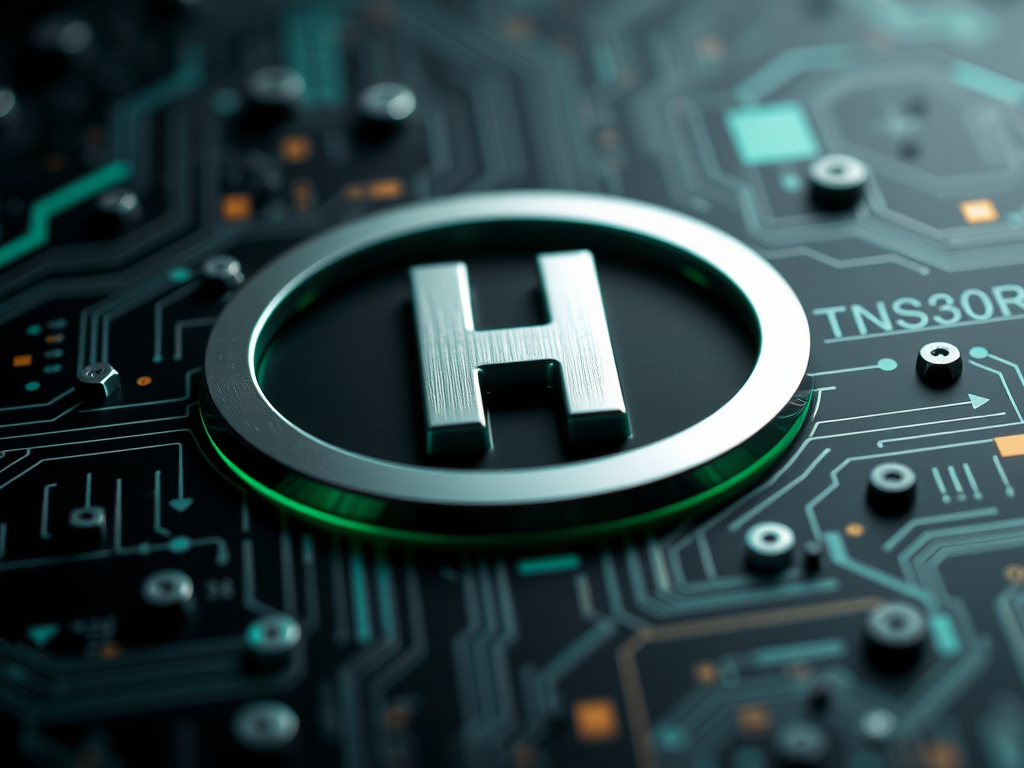Advancements in UK Healthcare Enabled by Computing Hardware
Innovations in UK healthcare computing advancements have been transformative, leveraging cutting-edge medical computing hardware UK to enhance diagnostics, treatment, and patient management. Central to these advancements are powerful computing systems that enable rapid processing of complex medical data, supporting improved clinical decision-making.
Hospitals and medical centres increasingly employ high-performance servers, sophisticated storage solutions, and robust network architectures to handle vast amounts of patient data securely and efficiently. These infrastructures underpin key healthcare services, enabling seamless access to electronic health records and facilitating data sharing across multidisciplinary teams.
This might interest you : Mastering military surveillance drones for tactical superiority
Advanced AI processors and edge computing devices have begun to reshape clinical workflows, enabling real-time analysis of medical imaging and predictive analytics in patient care. This hardware accelerates tasks such as detecting anomalies in scans or forecasting patient deterioration, ensuring more timely and accurate interventions.
Notable innovations have emerged from UK-based technology companies that specialise in medical imaging hardware, wearable devices, and bespoke computing solutions. Collaborative efforts involving NHS trusts and academic institutions have driven pilot programmes that integrate these technologies to tackle specific healthcare challenges. This synergy fosters continuous improvement in hardware capabilities tailored to the unique needs of UK healthcare settings.
In the same genre : What Might Be the Future Breakthroughs in UK Computing Hardware?
In summary, the impact of burgeoning technology in healthcare is evident through enhanced operational efficiency, elevated diagnostic precision, and enriched patient outcomes, positioning the UK as a leader in medical computing hardware innovation.
Types of Computing Hardware in the UK Healthcare Sector
In UK healthcare computing advancements, several healthcare hardware types UK are foundational to modern medical environments. Hospitals rely heavily on robust servers and storage solutions designed to safely and efficiently manage vast datasets generated by patients and clinical activities. These servers support the continuous demand for availability and security in electronic health records and imaging archives.
Specialist medical devices play a critical role too. Advanced imaging equipment such as MRI and CT scanners produce high-resolution data that must be processed and analysed rapidly to aid diagnosis. The integration of these devices with hospital IT infrastructure ensures that data flows seamlessly to clinicians’ workstations.
The introduction of AI processors and edge computing hardware represents a significant breakthrough. These components enable near-instantaneous data interpretation directly at the point of care. By reducing latency, AI-enabled devices improve diagnostic speed and accuracy, guiding more effective treatment decisions. In addition, edge computing supports personalised patient monitoring by crunching real-time data from wearable sensors and medical instruments, which facilitates proactive interventions.
Collectively, these technologies exemplify the concerted move in the UK healthcare sector toward leveraging sophisticated medical computing hardware UK to enhance service delivery. Their interoperability and performance underpin ongoing efforts to modernise clinical workflows and improve patient outcomes.
Advancements in UK Healthcare Enabled by Computing Hardware
The ongoing evolution of medical computing hardware UK is pivotal in shaping modern healthcare delivery. Predominantly, hospitals leverage a wide range of computing hardware to meet clinical and operational demands. Key types include high-capacity servers designed for secure storage and rapid retrieval of patient data, sophisticated networking architectures enabling seamless communication, and specialist medical devices that integrate advanced sensors and imaging components.
These technologies collectively enhance diagnostic accuracy. For instance, the deployment of AI processors accelerates image analysis in modalities such as MRI and CT scans, allowing clinicians to detect anomalies faster and with greater precision. Real-time processing capabilities also improve patient management by enabling continuous monitoring through connected devices, thus aiding timely interventions.
UK-based innovators in healthcare computing hardware have made considerable progress by developing tailored solutions suited to NHS workflows and patient needs. These companies focus on integrating cutting-edge components into devices that support predictive analytics and personalised care. Their advancements underline the profound impact of technology in healthcare, improving both efficiency and clinical outcomes while reinforcing the UK’s position at the forefront of healthcare technology innovation.
Advancements in UK Healthcare Enabled by Computing Hardware
UK healthcare computing advancements are central to transforming patient care through the deployment of sophisticated medical computing hardware UK. The most prevalent types of computing hardware in UK healthcare settings include high-capacity servers, cutting-edge AI processors, and specialised medical devices such as MRI and CT scanners. These components collectively enhance data processing speeds and enable real-time analysis, significantly impacting diagnostics and treatment.
The influence of advanced hardware on clinical workflows is profound. AI processors accelerate image analysis by rapidly detecting anomalies that might be missed by the human eye, supporting earlier diagnosis and timely intervention. This hardware also facilitates continuous patient monitoring by integrating data from wearable devices and bedside instruments, improving overall patient management within hospital environments. Moreover, the seamless integration of servers in healthcare ensures secure storage and swift retrieval of vast data, enabling clinicians to access comprehensive electronic health records effectively.
In the UK, notable technological innovations have emerged from companies specialising in bespoke healthcare hardware. These British medical hardware innovation leaders focus on customising solutions that fit NHS workflows, advancing predictive analytics and personalised medicine. Partnerships between such companies, academic institutions, and NHS trusts foster development pilots that refine hardware functionality geared towards improved healthcare outcomes. This collaborative ecosystem highlights the impact of technology in healthcare, driving efficiency, accuracy, and patient-centred delivery models across the sector.
Advancements in UK Healthcare Enabled by Computing Hardware
The landscape of UK healthcare computing advancements is shaped by the strategic deployment of diverse medical computing hardware UK that directly influences diagnostics, treatment, and patient management. Predominant types of hardware include high-capacity servers that manage and secure sensitive patient data, advanced AI processors designed for rapid and precise image analysis, and specialised medical devices such as MRI and CT scanners critical for detailed diagnostic imaging.
These computing components radically improve clinical workflows. For example, AI processors enable swift detection of anomalies in medical scans, which supports earlier diagnosis and more targeted treatments. This is pivotal in acute care settings where every second counts, illustrating how the impact of technology in healthcare extends to saving lives through speed and accuracy.
UK-based pioneers in healthcare technology have developed bespoke solutions optimised for NHS environments, blending cutting-edge hardware with patient-centred software. Such innovations not only enhance predictive analytics but also facilitate personalised medicine approaches by integrating real-time data from wearables and bedside devices. Partnerships between these technology companies, academic institutions, and NHS trusts are vital for piloting and refining medical computing hardware UK, ensuring practical benefits materialise within clinical settings.
In summary, the steady integration of diverse hardware—ranging from powerful servers to specialised AI-driven devices—demonstrates the profound impact of technology in healthcare. This fusion advances diagnostics, enriches patient management, and drives forward the UK’s role as a leader in medical computing innovation.





Comments are closed